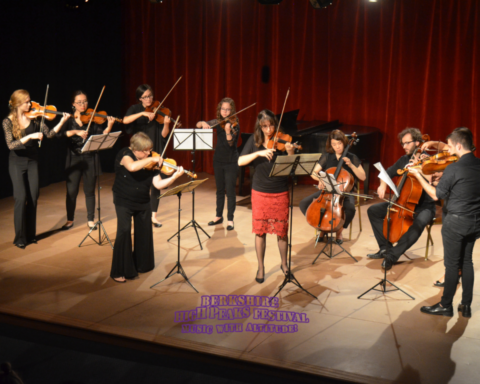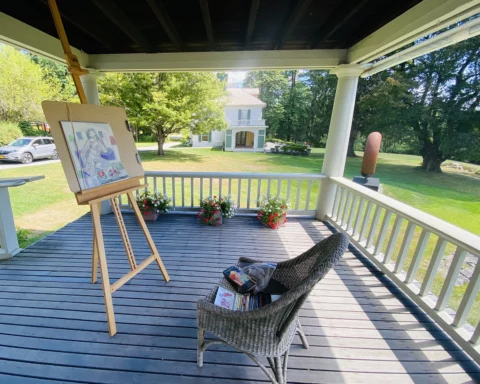by, Kathryn Carley
Advocates for higher education in Massachusetts say increasing costs and limited amounts of financial aid prevent too many deserving students from earning degrees.
Tuition and fees at Massachusetts public colleges have increased nearly 60% in the past two decades, while state-funded financial aid fell by nearly 50%.
Femi Stoltz, Massachusetts policy director for the nonprofit uAspire, which helps people on the path to college and financial aid, said students must navigate more than 40 grant programs with different eligibility requirements, creating even more barriers for low-income and first-generation students.
“A confusing system alone might deter a student who stands to benefit from state aid from actually pursuing it,” Stoltz contended.
Stoltz noted uAspire analyzed more than 2,000 offer letters sent to students lacking any family financial support, who still faced an initial $10,000 payment for tuition and fees, leaving them few options to earn a debt-free degree.
Revenue from the Commonwealth’s new “millionaire’s tax” could help, but lawmakers must still decide how the money will be used.
Stoltz argued students would be best served by having just one need-based grant program with clearly outlined requirements, along with some targeted grants for the state’s most vulnerable students. She is convinced any investment in students is an investment in the state.
“They go to college and then, they go into the workforce and they get great jobs, and hopefully, you know, they stay and buy homes in the Commonwealth,” Stoltz explained. “That is money that the Commonwealth gets back.”
Stoltz added college graduates will earn $1 million more over their lifetime compared to their counterparts without a degree. With many low-income students already working full-time and supporting families, she said a college degree can have positive ripple effects across entire communities.
Support for this reporting was provided by Lumina Foundation.









